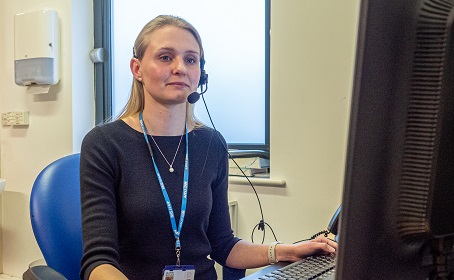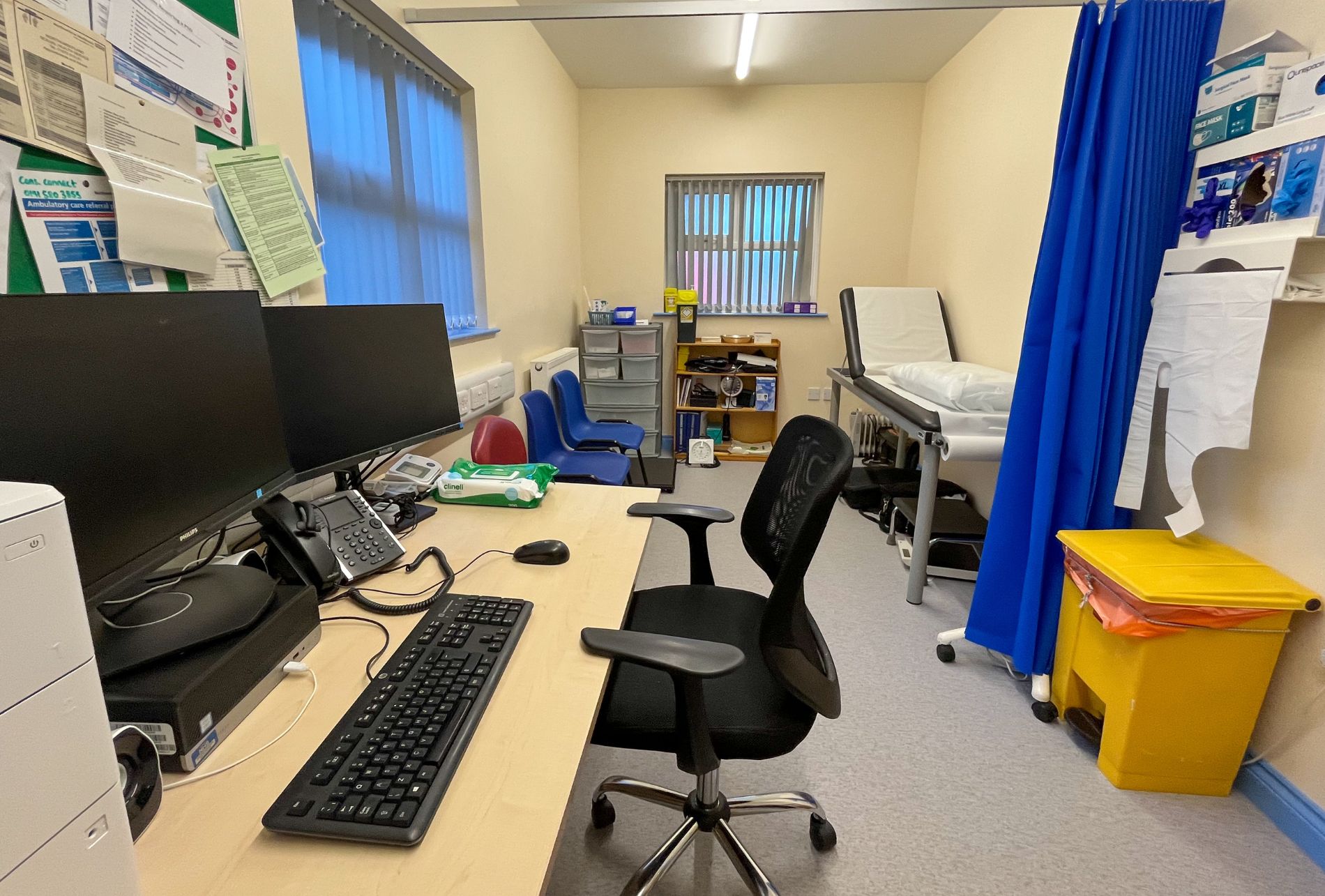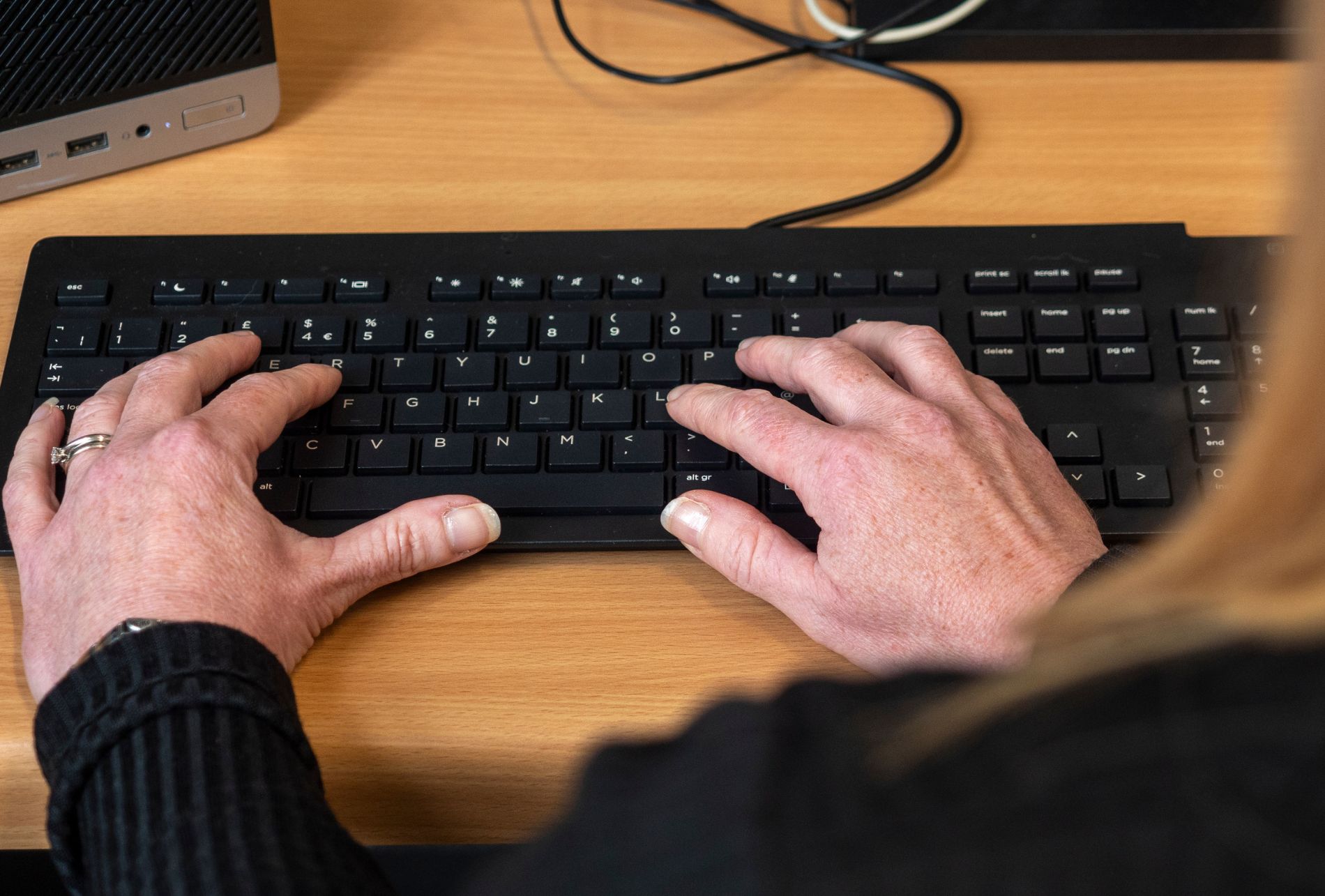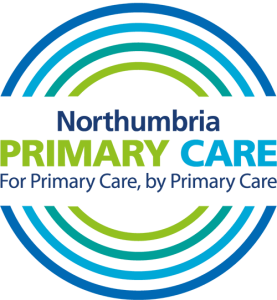About Us
Wellway, Brockwell and Lintonville is a Northumbria Primary Care practice that provides GP and family health services to patients in Northumberland. We offer a wide range of clinics as well as GP appointments, and patients can often be seen by other healthcare professionals within the practice such as practice nurses and a pharmacist.
Patients can often be seen by other healthcare professionals within the practice such as mental health practitioners, orthopaedic practitioners, and clinical pharmacists.

GET HELP
Accessing our services: Appointments, Tests & Results, Fit Notes, Emergencies & Prescriptions

OUR SERVICES
Discover our range of clinics, access care navigators or register to access our services online.

SELF HELP
Sometimes we’re able to manage our condition at home without needing an in-person assessment
Recent News

We want your feedback – our practice branding
On Monday (26 February), we will be entering into a

Let’s take the stress out of web forms
Do you need a bit of support with our new

Patient update about a change of ownership to Valens Medical Partnership
We would like to inform our patients about a change that we are planning. This is in relation to the management of our GP practice.






